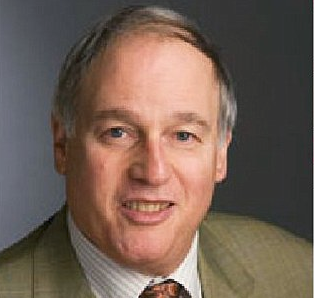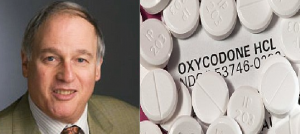
Pharma chief blamed for spurring opioid crisis in US

Dr. Richard Sackler, a billionaire pharmaceuticals executive, and whose family own Purdue Pharma, the company behind the painkiller OxyContin, which was granted a patent in January this year for reformulation of a drug used to wean addicts off opioids who have been blamed for spurring the US Opioid crisis stands to profit from the epidemic after he patented a new treatment for drug addicts. Eight members of the billionaire Sackler family behind addictive painkiller are being sued by the state of Massachusetts. OxyContin which is widely considered to blame for the opioid crisis. The latest claims its bosses knew of the dangers of the drug but sold it anyway. In 2014, the family’s combined wealth was estimated to be $14billion. Purdue, based in Stamford, Connecticut, said it “vigorously” denies the allegations. Purdue agreed to pay $19.5 million in 2007 but did not admit wrongdoing, to settle lawsuits with 26 states – including Massachusetts and the District of Columbia after being accused of aggressively marketing OxyContin to doctors while downplaying the risk of addiction.
A new invention is a form of Buprenorphine, a mild opiate that controls drug carvings often given as a substitute to those hooked on heroin or opioid painkillers such as OxyContin.
Dr Sackler’s new invention could be lucrative due to a soaring increase in the number of addicts being treated with buprenorphine, seen as an alternative to methadone.
Last year alone a version of buprenorphine sold under the brand name Suboxone, generated $877m in sales of Indivior, the British pharmaceuticals group that makes it.
US Patent acknowledges the threat posed by the opioid crisis, which claimed over 42, 000 lives in 2016.
“Although opioids have always been known to be useful in pain treatment, they also display an addictive potential, the constant pressures upon addicts to procure money for buying drugs and the concomitant criminal activities have been increasingly recognised as a major factor that counteracts efficient and long-lasting withdrawal and abstinence,” the patent says.
Buprenorphine is already prescribed to addicts in tablets or thin strips that dissolve quickly under the tongue, stopping abusers from hoarding pills they can resell or use later to get high. The patent describes a form of buprenorphine that would come in a wafer format that disintegrates more quickly within seconds than existing versions.
